Literature Review
A literature review is a comprehensive search and evaluation of available published studies on a specific topic. Occasionally, it also includes ‘grey’ literature, such as unpublished reports, newsfeeds, and websites. In economic evaluation, literature reviews serve to identify and summarize data and outcomes for various purposes, such as compiling the results of clinical or economic evaluations of a health intervention or identifying data inputs for future economic modeling.
The scope and quality of literature reviews can vary significantly, depending on the review’s purpose and the resources available, such as cost and time. Types of literature reviews include:
– Short Pragmatic Reviews: These are concise and aimed at providing a quick overview of the topic.
– Systematic Literature Reviews: These are more robust and comprehensive, providing thorough answers to the review questions. They are often required for submissions to reimbursement agencies and involve a detailed, structured approach to searching and evaluating literature.
Some literature reviews may also include a quantitative synthesis of the data, known as a meta-analysis, which combines the results of multiple studies to provide more precise estimates of the effects of an intervention. Literature reviews are essential tools in healthcare research, offering critical insights that inform clinical practice, policy decisions, and future research directions.
Click HEOR TERMINOLOGY
